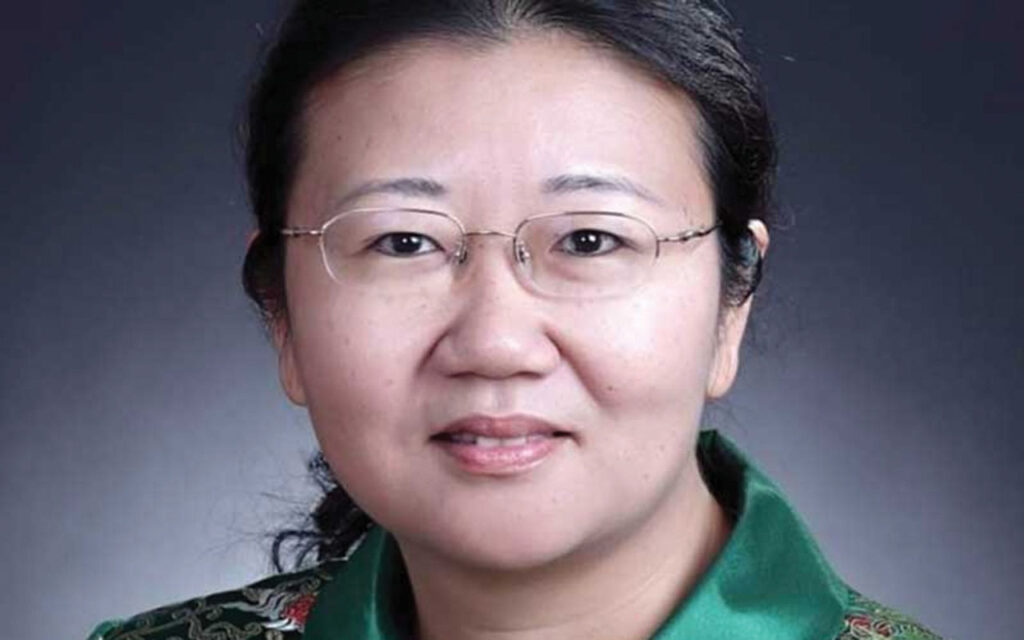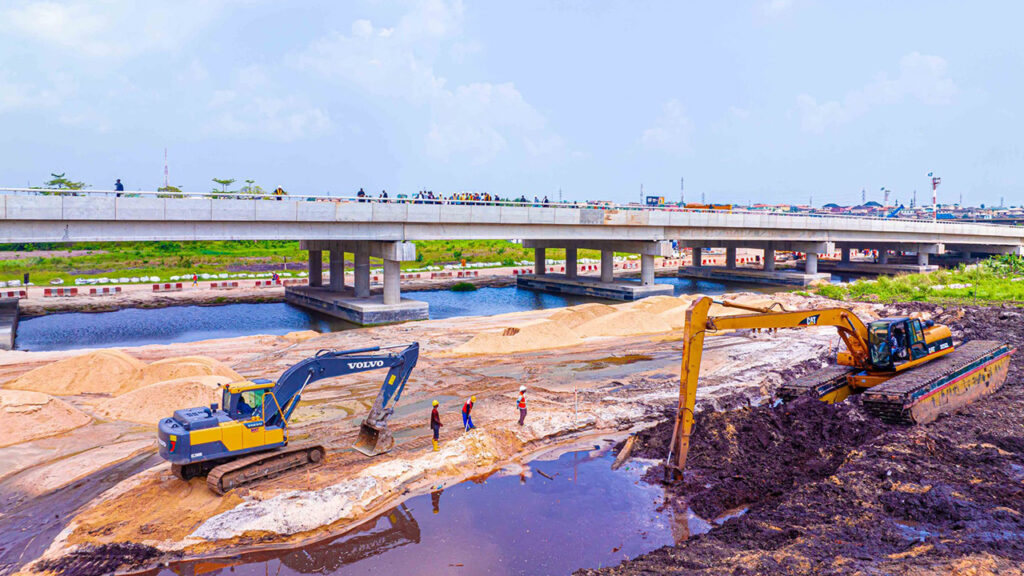
The Consul General of China in Lagos, Yan Yuqing, has emphasised the significance and capabilities of the inland waterway as a critical artery powering the regional economy and furthering the societal advancement of countries.
The consul general also highlighted the shared characteristics between China and Nigeria, such as significant river systems, extensive coastlines, and major seaports, suggesting these commonalities as a fertile ground for bilateral learning and cooperation in waterway management and marine conservation.
She stated this at a maritime business roundtable breakfast meeting organised by Zoe Maritime Resources, themed, ‘Security and New Technologies in Inland Waterways Transportation’.
Yuqing emphasised the significance of the Changjiang River, not only as the world’s busiest inland waterway but as a critical artery powering societal advancement in China.
She said in 2022 alone, China’s inland waterway transport managed a staggering freight volume exceeding 4.4 billion tonnes and achieved a goods turnover of 1.9 trillion tonne-kilometers.
Yuqing pointed out that China’s leadership in this sector is not just a function of volume but also a concerted shift towards sustainability and ecological responsibility.
She said with China establishing itself as the largest shipowning nation by gross tonnage and its maritime transport handling about 95 per cent of the country’s foreign trade volume, the potential for increased Sino-Nigerian maritime collaboration appears promising.
According to her, China’s maritime transportation network not only plays a crucial role in its own logistical needs but also the broader stability of global supply chains.
The Minister for Marine and Blue Economy, Adegboyega Oyetola, lamented inadequate investments in inland waterways to enable the sector to deliver enormous potential.
Oyetola, represented by the Deputy Director, Cabotage and Shipping Development, Ministry of Marine and Blue Economy, Ekanem Selia, described inland waterways as the oldest means of transporting goods and services as well as an essential element of integrated transport systems.
He said nevertheless, the inland waterways are the least developed compared to air and road transportation in Nigeria.
The minister said when the inland waterways transportation system is properly developed, it will be characterised by high transport volume, low energy consumption, and low negative environmental impact.
Also speaking, the Managing Director of the National Inland Waterways Authority (NIWA), Munirudeen Oyebamiji, emphasised the role of stakeholders’ sensitisation of global best safety standards in inland waterways operations.
The NIWA boss, who was represented by the Assistant General Manager, Ports and Environment, Aisha Eri, observed the Authority had a robust partnership with the Nigeria Police Force, the Nigeria Immigration Service, among other security agencies to police the nation’s waterways.
While pointing out the high volume of non-seaworthy boats and vessels operating on the waterways, he expressed optimism that waterways operators would be able to access the Cabotage Vessel Finance Fund (CVFF) to acquire appropriate vessels.












